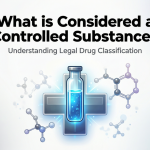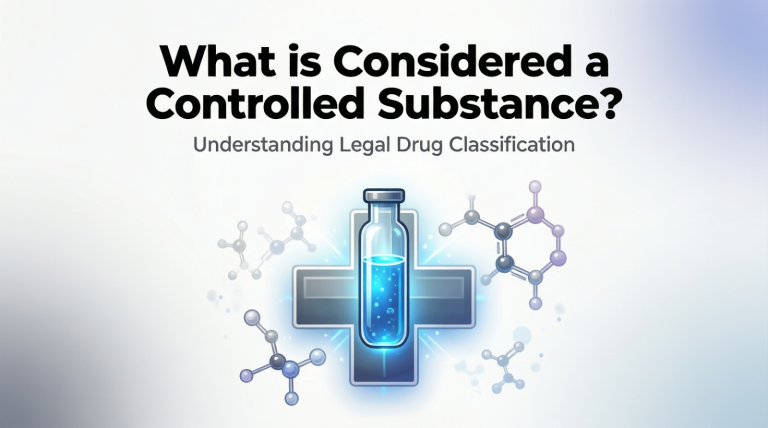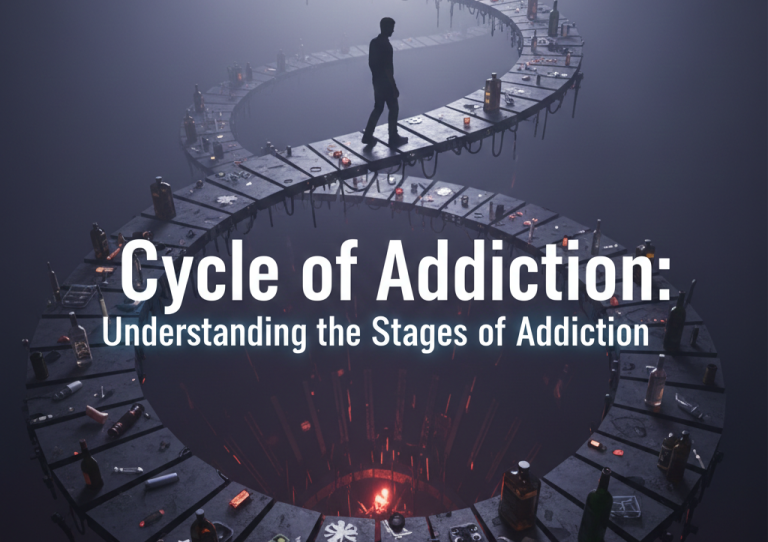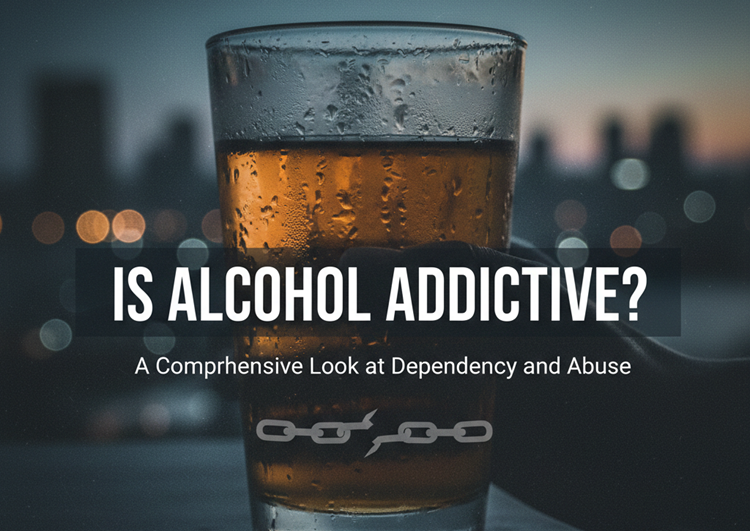Mental health is as important as physical health, however, people often do not pay much attention to it. As the cases of mental health disorders have been on the rise across the world, it is crucial to have proper knowledge of these conditions. As estimated by WHO, one in four people will be affected with mental or neurological disorders, at some point in their lives. Even though mental health is a prevalent issue, it remains rather stigmatized, which only fuels people’s ignorance and prevents them from seeking the required help. This blog seeks to provide information on common mental health disorders, their symptoms, and the available treatments to create awareness and encourage people to talk about mental health.
-
Depression
What is Depression?
Mental health disorders are a global concern and among them, depression is the most prevalent disease that affects more than 264 million people. It is a type of mental disorder that is characterized by persistent feelings of sadness, helplessness, and having no interest in once enjoyable things. This illness can alter a person’s routine and functioning, including at work, while sleeping, in school, eating, and during leisure.
Common Symptoms
The symptoms of depression can vary from person to person, but common signs include:
- Persistent Sadness: Feeling of being sad, having no purpose, or lack of motivation and energy.
- Loss of Interest: Diminished interest or pleasure in daily activities, including those the patient once enjoyed.
- Fatigue: Persistent tiredness that does not improve even after getting a good night’s rest.
- Changes in Appetite: Changes in appetite and eating patterns that result in a loss or gain of weight in a short period.
- Sleep Disturbances: Irritability, inability to sleep, or waking up early or too late.
- Feelings of Worthlessness: It includes persistent feelings of worthlessness and/or excessive guilt.
- Difficulty Concentrating: Difficulty focusing or paying attention, decision making, or memory problems.
- Physical Symptoms: Pain without an apparent cause, soreness, or upset stomach.
Depression can also make the patient think about death or even about committing suicide. It is essential to identify these symptoms and seek treatment because, as stated earlier, depression is a curable condition.
Treatment Overview
Depression can be treated by therapy, medication, and healthy changes in the patient’s daily routines. CBT is specifically beneficial as it enables people to recognize and change their ways of thinking. Antidepressants, like SSRIs, may also be prescribed to help manage symptoms. Also, the patient can adopt certain changes in daily routine by doing exercises, eating a balanced diet, and getting proper sleep.
-
Anxiety Disorder
What is Anxiety?
Anxiety is a type of mental illness that involves excessive and persistent worry, fear, or anxiety that interferes with daily activities. These disorders are among the most common mental illnesses that can affect up to 30% of adults at some time in their lives.
Common Types and Symptoms
- Generalized Anxiety Disorder (GAD):
GAD is a type of anxiety disorder in which the patient experiences persistent and excessive worries about aspects of daily life, including job, health, or social environments. Common symptoms are; excessive worry, increased fatigue, restlessness, and diminished ability to focus.
- Panic Disorder:
Panic disorder is defined by rapid, recurring episodes of panic attack which is a discrete period of intense fear that has sudden onset. The symptoms of the disorder are rapid heartbeat, difficulty in breathing, chest discomfort, dizziness, and anxiety of losing control.
- Social Anxiety Disorder:
Social anxiety disorder, also referred to as social phobia, is a type of anxiety disorder that is characterized by extreme fear in situations where the individual feels they are being watched or judged by others. Some of the signs and symptoms include; the client’s fear of social interaction, avoid social situations, and physical symptoms such as blushing, sweating, or trembling.
Treatment Options
Most anxiety disorders are treated with a combination of medication and psychotherapy. Psychological treatments, such as cognitive-behavioral therapy (CBT), that enable people to confront and lessen their anxieties are the first option in treatment. Others include SSRIs and benzodiazepines, which may be taken to manage symptoms associated with the condition.
-
Bipolar Disorder
What is Bipolar Disorder?
Bipolar disorder is a type of mental disorder that is characterized by fluctuations in mood, with the patient experiencing high, manic, or hypomanic episodes and low, depressive ones. Such fluctuations can affect a person’s energy levels, behavior, and work performance in his/her day-to-day life.
Common Symptoms
- Manic Phase:
Some of the symptoms include; elevated mood, increased energy level, the desire to engage in risky activities, and lack of sleep. Such episodes can result in engaging in high-risk activities and cause a lot of interference with normal routine.
- Depressive Phase:
In a depressive episode, one can have symptoms that are similar to major depressive disorder including low mood, lack of energy, lack of interest in activities, and changes in sleep pattern.
Treatment Options
The treatment of bipolar disorder involves the use of mood stabilizers, antipsychotics, and anti-depressants among others. Counseling and therapy especially CBT can assist in the alleviation of symptoms and develop coping strategies. Other strategies that can be used in the management of the disorder include; keeping a schedule for sleep, avoiding things that might lead to the onset of the disorder, and ensuring that the patient has people to turn to in times of need.
-
Schizophrenia
What is Schizophrenia?
Schizophrenia is a type of mental disorder that is persistent and severe which impacts how an individual thinks, feels, and even acts. Psychotic symptoms are present in its course, which refer to hallucinations, delusions, and disordered thinking. Schizophrenia affects approximately 1% of the global population.

Common Symptoms
- Hallucinations: Experiencing things such as seeing things or hearing things that are not there.
- Delusions: Psychotic symptoms which are false and unshakable ideas that one has special abilities or that one is being harmed.
- Disorganized Thinking: This includes having a hard time arranging one’s thoughts or words coherently thus leading to talking in riddles.
- Impaired Functioning: Inability to work, launder, dress, feed, or bathe oneself; inability to maintain relationships.
Treatment Overview
Schizophrenia can be managed by the use of antipsychotic drugs which assist in the control of symptoms like hearing things that are not there and seeing things that are not there. Cognitive-behavioral therapy (CBT) and social skills training can also be beneficial in the management of the disorder to enable the affected individual to lead a better life. Long-term treatment and care are critical and may include family support and other support systems like rehabilitation programs.

Mental health disorders such as depression, anxiety, bipolar, and schizophrenia affect a person’s day-to-day life, but it is important to note that with proper care many people can recover and live normal lives. If you or a loved one is having some of the symptoms of the mental disorder, it is necessary to get professional help. Call Orlando Treatment Solutions today at (321) 415-3213.



























